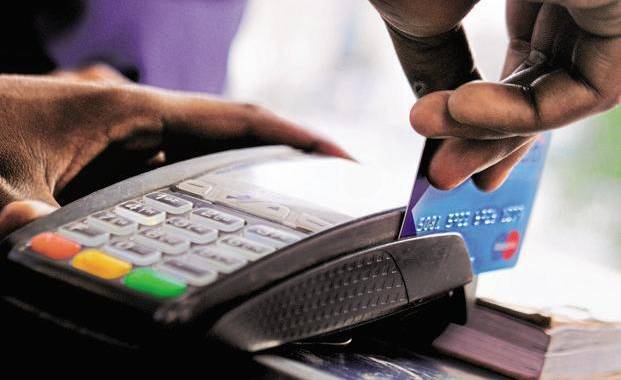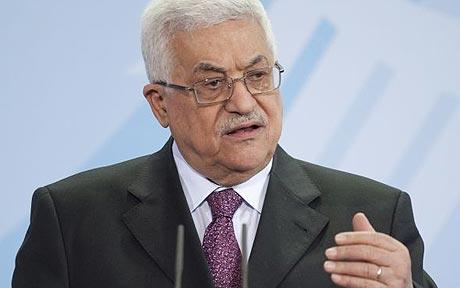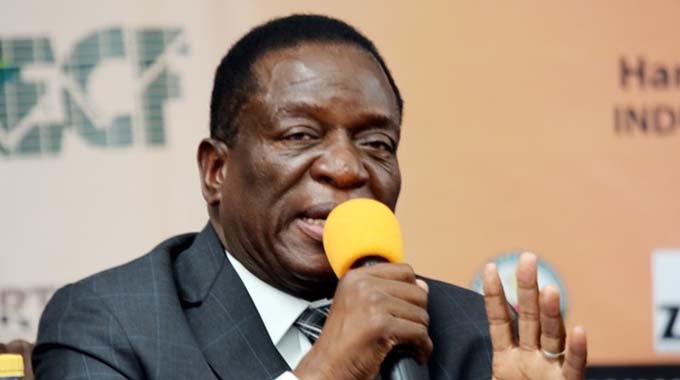Will Informal businesses agree to use POS machines?

Livingstone Marufu Business Reporter
As cash shortage continues to bite, the authorities are leaving no stone unturned in their efforts to hammer solutions to downtown price headache by persuading the informal businesses to start using Point Of Sale (POS) machines. This comes as Government has set up a task force with a mandate to convince the traders to embrace this form of payment.
The informal businesses are known for their tough stance on strict cash payments only when transacting, but this may soon change as Government continues to negotiate with them to use electronic payment systems. This, Government argues, may minimise the three-tier pricing regime that has seen some price disparities in the economy.
Basic commodities are very cheap in the downtown area to such an extent that a 2kg by 10 case of sugar is going for $13 bond notes and US$11 compared to $18,50 for the same commodity in formal retail shops.
However, the problem is that they only transact with cash, which most consumers don’t have as employers are paying through ecocash and banks.
Industry, Commerce and Enterprise Development Minister Dr Mike Bimha, told this publication recently that the committee has begun intensive discussions with traders.
“We are on the ground reaching out to the informal sector so that they can start transacting in other forms of payment that the other dealers are using. Soon we will be availing POS machines to these businesses.
“It will not be easy to convince the majority of the traders across towns but we are slowly getting there.
“It’s not an overnight thing we will handle the issue with caution as it is an important sector, which most of our people live on,” said Minister Bimha.
The danger of negotiating with the downtown businesses to use electronic payment systems is that they will increase the prices just like anyone in town and this may lead to the proliferation of back-door tuck shops.
It is either that those with cash will lose their bargaining power.
And this will create problems than the problems the country has as police will be forced to do some running battles with the informal market owners.
The taskforce faces an uphill task as negotiating with shop owners who procure foreign currency on the black market for a premium is difficult.
As long as the Government cannot provide enough foreign currency to the manufacturers and retailers, managing the situation at down town remain a contest.
Besides those downtown tuck-shops, there are street vendors who sell their goods along all the city’s pavements and some mobile tuck shops across all major roads across town.
These dealers are the toughest to deal with as they come around 6 O’clock in the evening when city fathers and law enforcement agents have gone to sleep.
There are rising forces in the country’s retail industry as they offer very low prices compared to shops that pay wages, rental and electricity. Government said it will deal with all those issues when the time is right.
The special taskforce, which is under the chairmanship of Industry, Commerce and Enterprise Development Ministry, will be operating on a permanent basis to ensure that the country is not ambushed by profiteering business people.
Government will continue supporting the private sector by availing foreign currency to ensure access to critical imports.








Comments